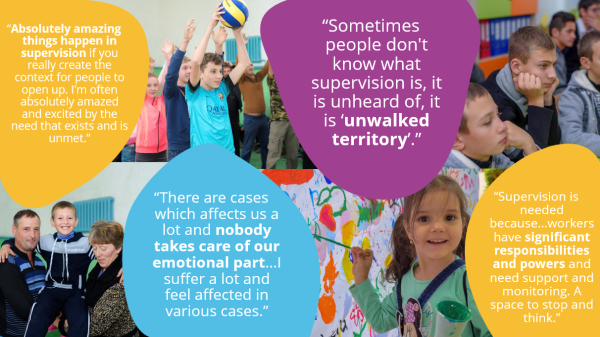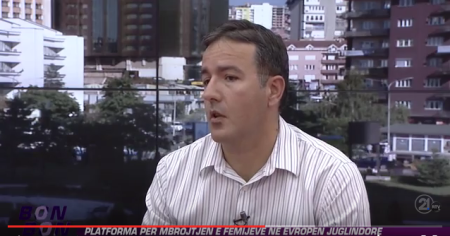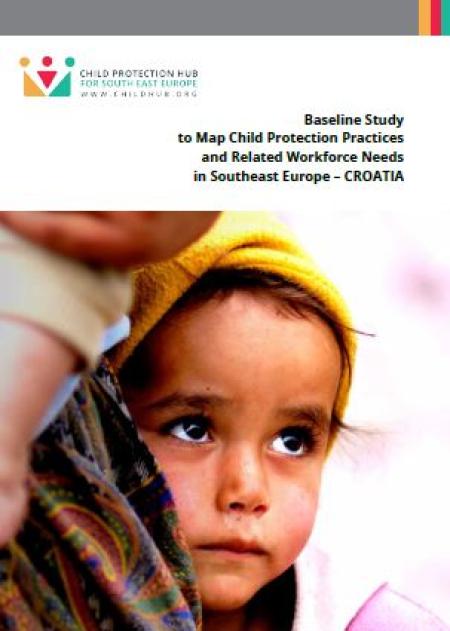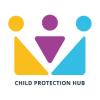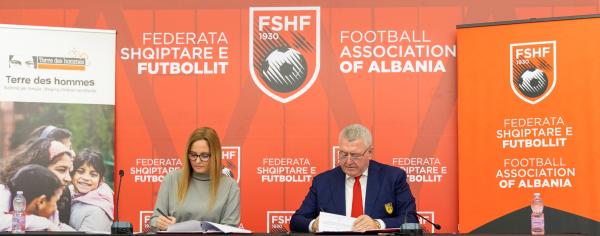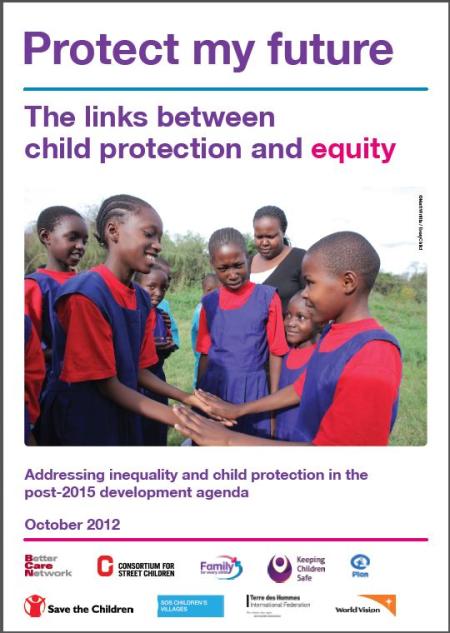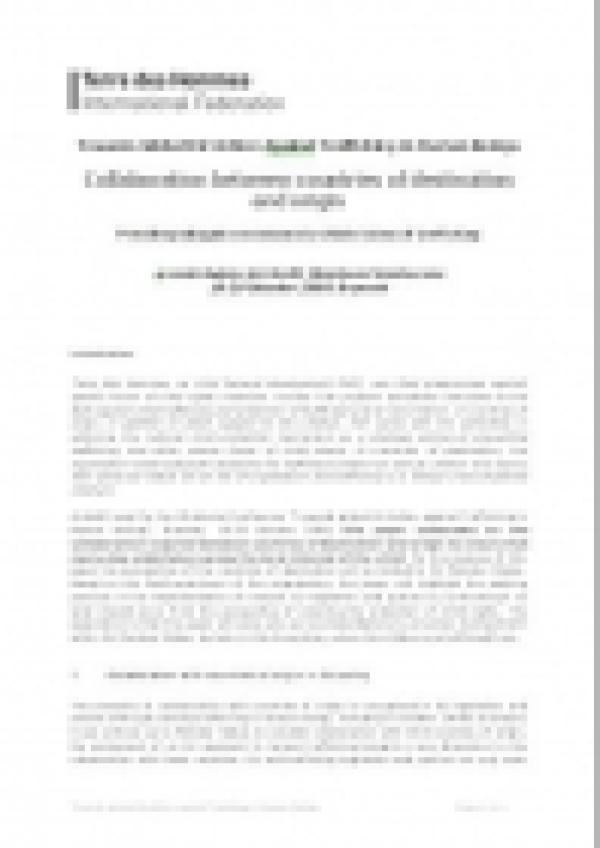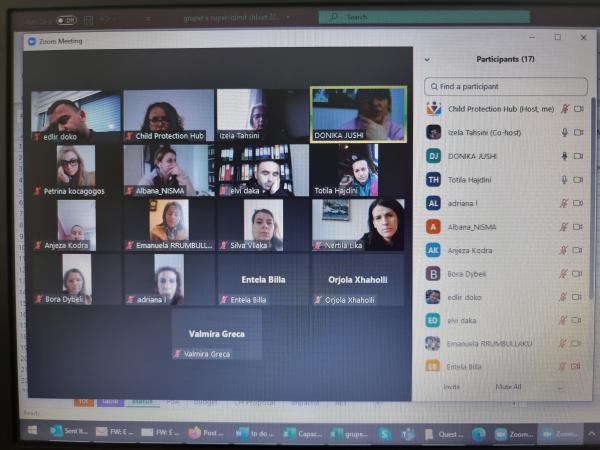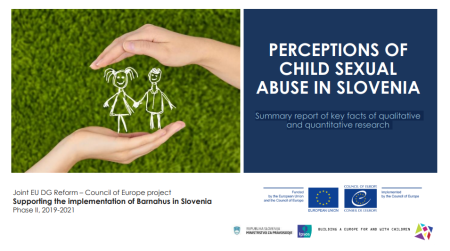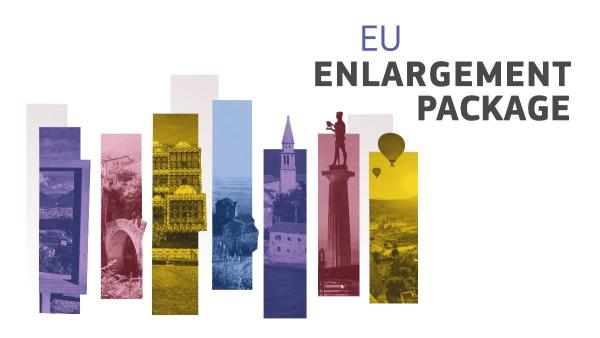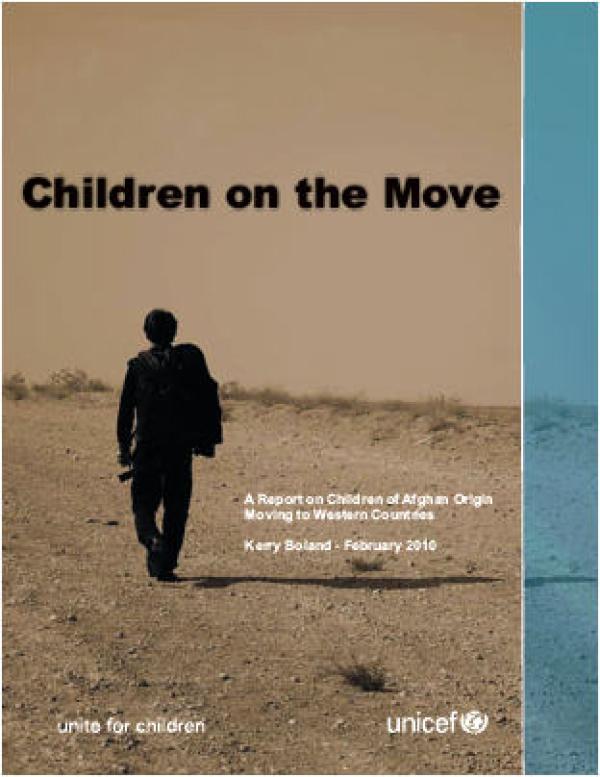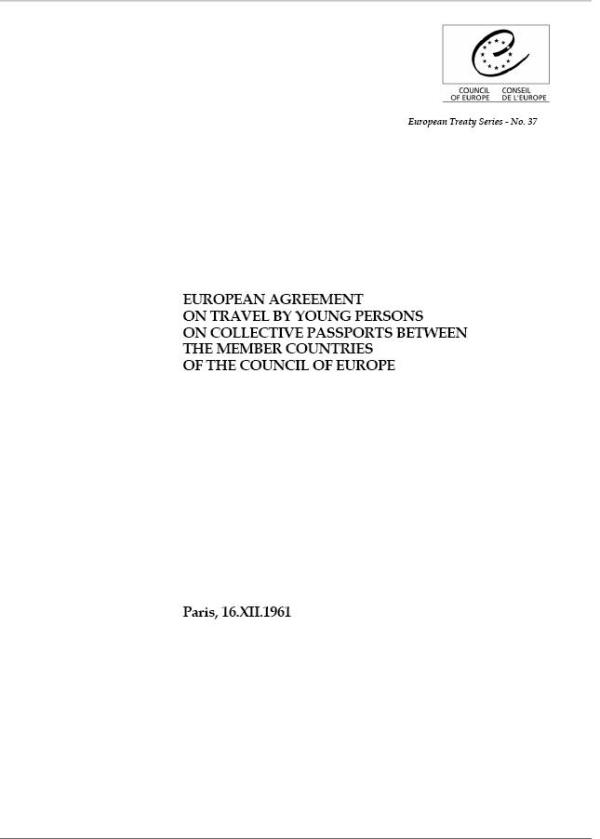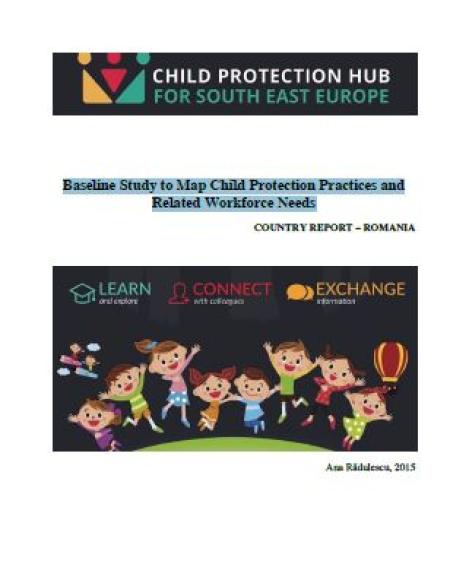
In the last two decades, supervision has been increasingly talked about as a must for maintaining high quality work with children, families and communities. But it seems there is still uncertainty about what exactly supervision entails: is it control, training, counselling, therapy? Is there a difference in the process of supervision for social work, psychotherapy, and multidisciplinary team work?
Supervision is a professional approach to working in helping professions, where people work with other people. In this regard, it has applications, goals and functions in many different areas, such as psychology and psychotherapy, social work with children and adults, and services for people with disabilities and/or those at risk, medicine, education, etc.
Dealing with vulnerability requires solid training and resilience
Supervision is very important for professionals who address someone else's needs. It is a profession in which stress, feelings of helplessness and emotional exhaustion are common (Hawkins and Shohet, 2006). Social work is specific in that it focuses on a professional working with one person or a group of people who are vulnerable, at-risk, who have complex needs and who need support. Working with such people requires solid preparation and understanding of the essence of many different problems, such as poverty, marginalization, isolation, disability, parenting, violence, various types of crises and crisis functioning. Social work is extremely complex in terms of the issues it deals with. Facing vulnerability requires resilience. Social workers are searching for solutions in a resource-poor environment, which is a huge challenge.
Process of trust and safety
According to the definition of the National Conference on Social Work (2015): "Supervision is a process of trust and safety in which a person working in social work finds the necessary conditions to reconsider, practice and consider new perspectives and meanings while exploring the fears and concerns of his practice, which leads to professional and personal development."
Thus, the relationship between the social worker and the client is a driving force in social work. The social worker themselves is the tool to carry out the work. According to Fook (1996), supervision is an important part of a reflective practice, and an integral part of social work. There is an understanding that it is a safe and confidential relationship which provides regular reflection and a supportive environment for social workers. Supervision is also defined as the relationship between the supervisor and the supervised, based on competence and ethical practices, in which the supervisor is responsible for providing direction to the supervised; they apply social work theory, standardized knowledge, skills, competence and ethical behaviour, of which, the two share responsibility (National Association of Social Workers).
A minimum standard for service workers
In Bulgaria, supervision in the field of social assistance and social services is most common in work with children and families at risk (or at least, it began in this field after the creation of legislation). It was set as a minimum standard for those working in children's services, first in the Ordinance on Criteria and Standards for Social Services for Children (2003), and in later, sub-normative documents. After the adoption of the Social Services Act, supervision was set as a standard for those working in the social assistance directorates as well, which was a historic moment in the development of our child protection system.
Additionally, work on children's cases involves networking and inter-institutional cooperation. Several normative documents state that in cases involving children, work must be carried out by a multidisciplinary team (e.g. a coordination mechanism for working together in cases of violence against child victims, or children at risk of violence). The work of such teams is important, and in Bulgaria, this has been a practice for several years. The team members do not have special or professional training in the field of children's rights and child development, but are specialists in various fields of work around children and families, such as school and kindergarten teachers, police and municipal workers, and others. How do they work together and how are these teams supported? We have little data on multidisciplinary teams, and little or no experience in supervising their work.
Is there a difference in perceptions and practices in the countries of Southeast Europe?
These and other important questions related to supervision will be answered in the study "Supervision in Multidisciplinary Teams in Southeast Europe". The study focuses on "child protection" and all related services and professionals, including those involved in multidisciplinary cases. Its aim is to explore different practices and help create a "snapshot" of the state of supervision in several European countries: Albania, Bosnia and Herzegovina, Bulgaria, Croatia, Kosovo, Moldova, Romania and Serbia.
The study is conducted within the regional initiative Child Protection Hub for Southeast Europe, whose contractor for Bulgaria is the Know-how Center for Alternative Care for Children, NBU. Lead researcher is David Wilkins of Cardiff University. If you wish, you can join the survey by filling out this questionnaire by the end of February.
The results of the study will be presented and discussed in an online conference on 31 March 2022 (https://childhub.org/bg/uebinari-za-zakrila-na-deteto/superviziyata-v-multidisciplinarnite-ekipi-zaklyuchitelna-konferenciya-na-childhub).








